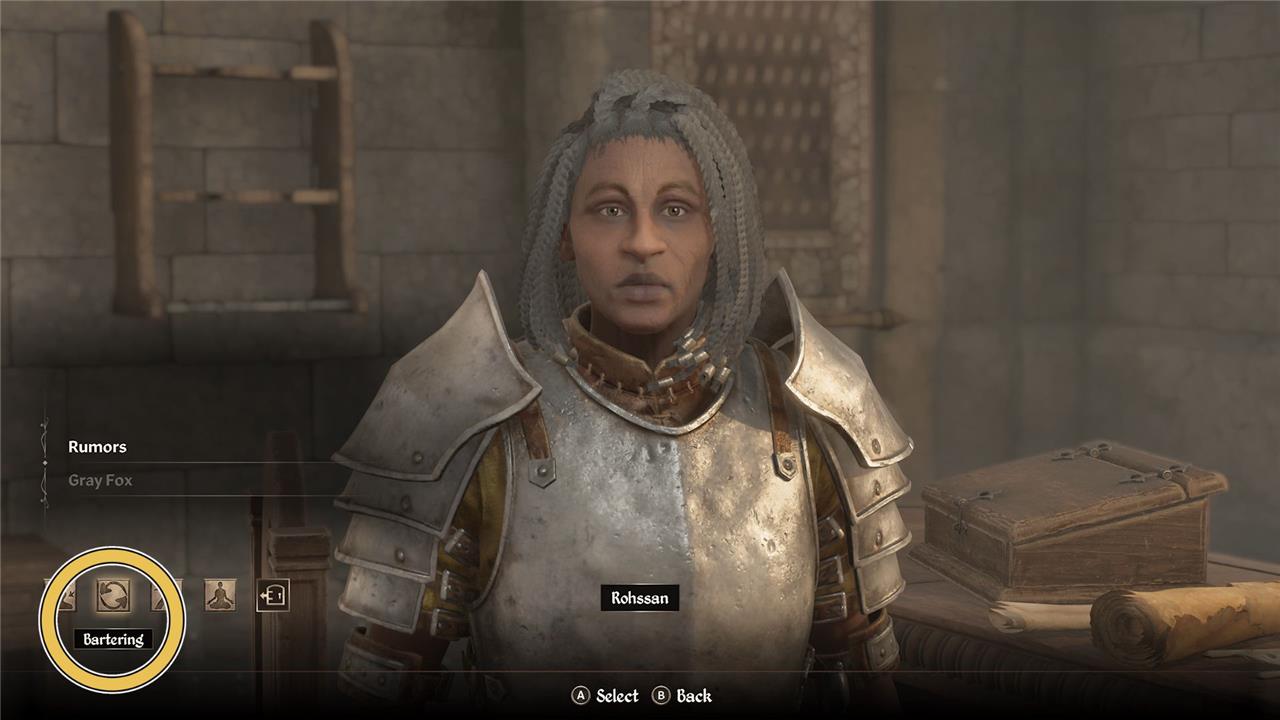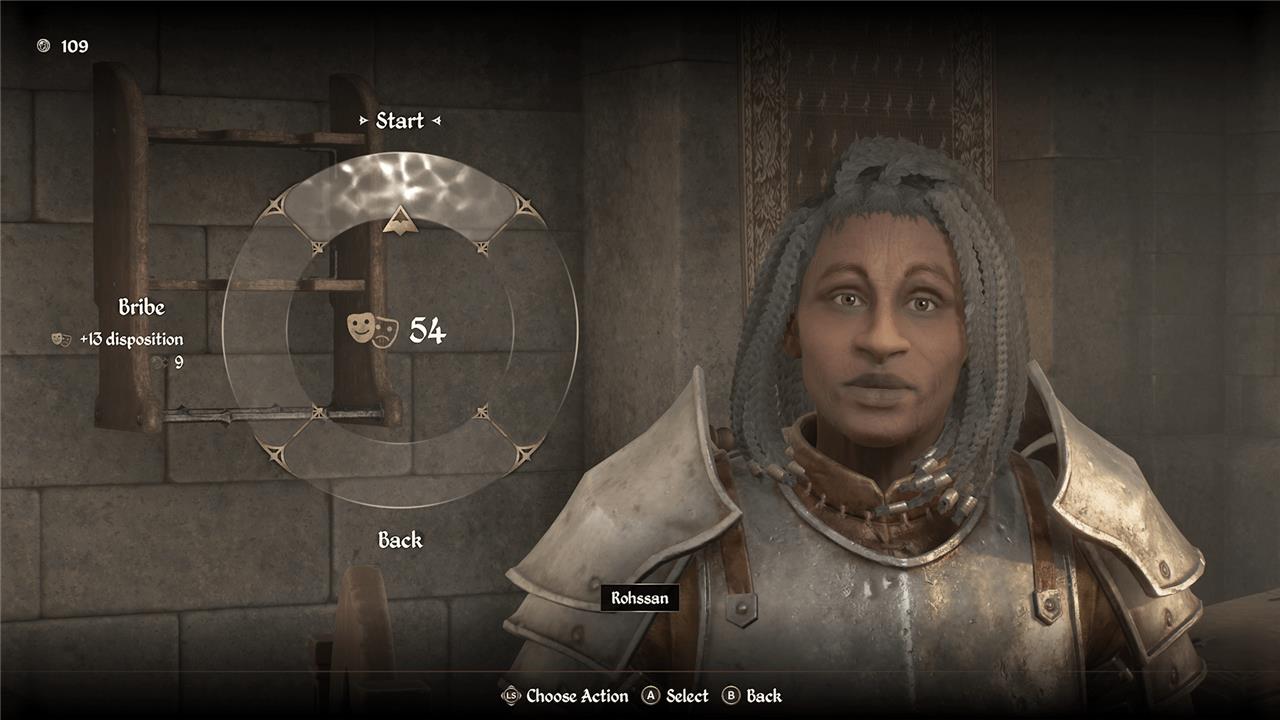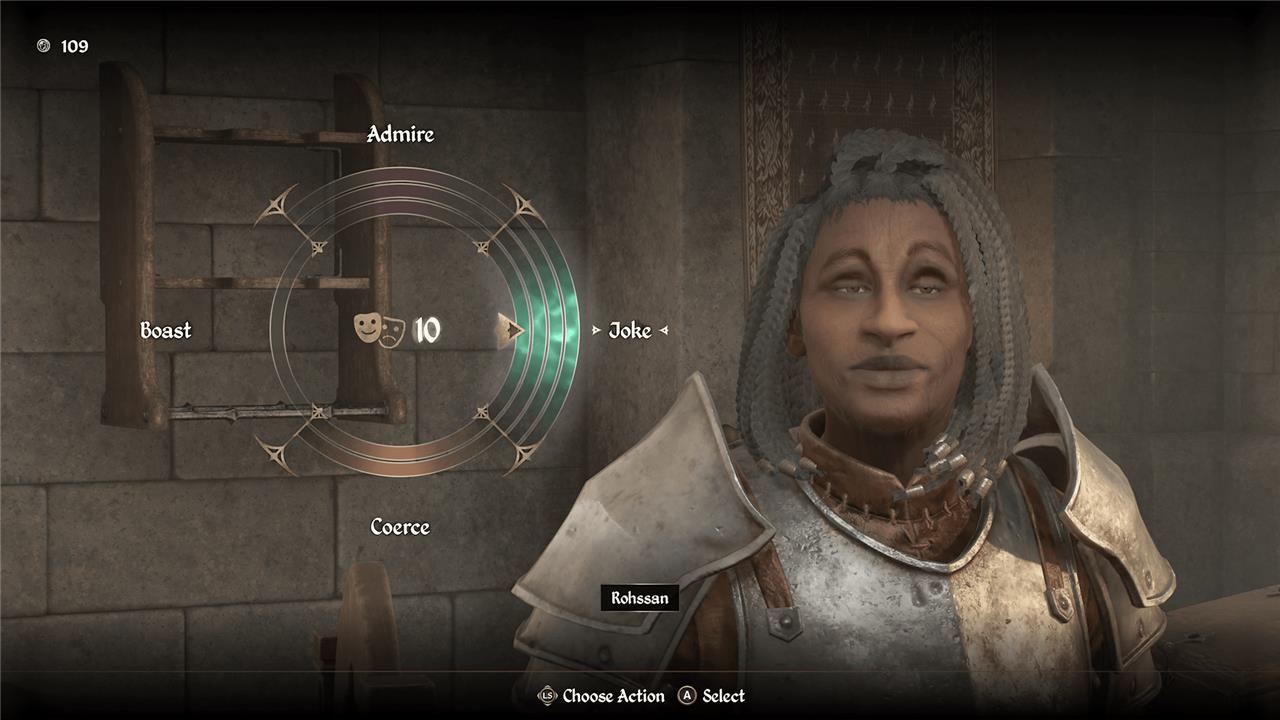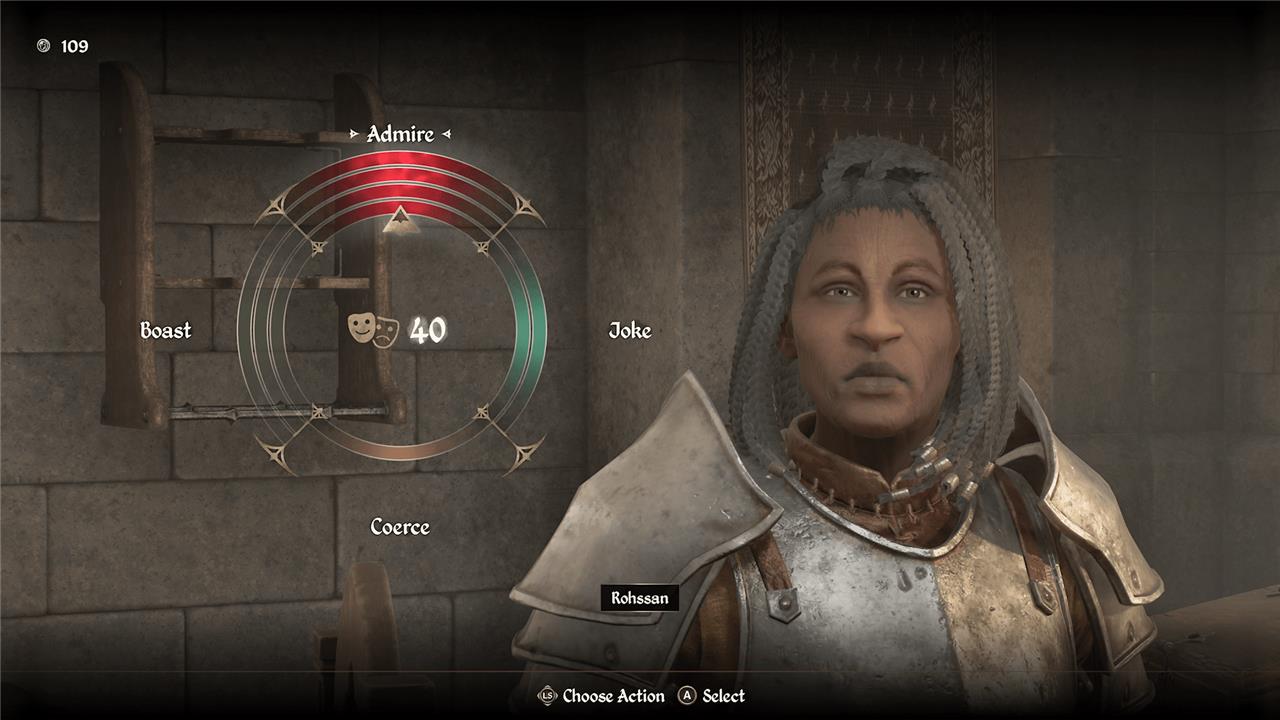Step into the intricate world of The Elder Scrolls IV: Oblivion Remastered, where your silver tongue can be as mighty as your sword. Mastering the persuasion minigame unlocks hidden quests, better prices, and valuable information by skillfully navigating a unique dialogue wheel that tests your wit and timing. Whether you’re on PC, PlayStation, or Xbox, this guide reveals how to charm, coerce, and convince your way through Cyrodiil’s diverse cast of characters-and why every word counts in this classic RPG reborn.
This guide will explain how to persuade in Oblivion Remastered, alongside some tips on how to pass persuasion checks.
How to persuade in Oblivion Remastered
To persuade in Oblivion Remastered, initiate a conversation with an NPC and select the “Persuade” button at the bottom left of the dialogue screen. This launches a mini-game featuring a circular wheel divided into four actions: Admire, Joke, Boast, and Coerce. Each NPC reacts differently to these actions, indicated by their facial expressions and color-coded preferences (green for love, yellow for like, orange for dislike, and red for hate). Your goal is to increase the NPC’s disposition by strategically selecting these actions, keeping in mind that you must use each action exactly once per round and that the wheel rotates after each choice. Timing is crucial, as disposition decreases over time during persuasion. To succeed, focus on maximizing positive reactions while minimizing the impact of disliked actions, and consider using bribes if needed to boost disposition further. Improving your Speechcraft skill also grants perks that make persuasion easier and more effective.

To persuade an NPC, first, talk to them, then select the “Persuading” button on the bottom left-hand corner of the screen.
This will bring you to a screen that shows a circular menu displaying the NPC’s disposition number, a value that determines how much that NPCs likes you. The higher their disposition number is, the more that character likes you.
Some characters have a minimum threshold for the disposition number that you must exceed in order to reap certain benefits, like additional dialog or discounts. One way to increase the disposition of another character towards you is by bribing them. If you bribe a character, you can increas their dispotion toward you without playing the finicky minigame, but it also costs money. So just keep that in mind as you go along.

When you start the persuading minigame you’ll see a circle with four options – Boast, Admire, Joke, and Coerce – and a number in the middle. You need to figure out what the character likes and dislikes among these actions.
- If a character likes one of these options, their disposition will increase.
- If they dislike one of these option, their disposition will decrease by a certain number (as indicated by the number highlighted in the graphic below). As you play, the number in the middle (the character’s disposition) will gradually decrease with time so there is a bit of pressure.
Each time you play the minigame, you must select each of the four options at least one time. This means you will inevitably say something your target doesn’t like, decreasing their disposition level. The goal of the game is to maximize what they do like and minimize what they don’t like, so you end with a net increase in disposition.
Oblivion Remastered persuasion tips
In Oblivion Remastered, persuasion is a strategic mini-game where you influence NPCs by selecting four actions-Admire, Boast, Joke, and Coerce-each of which an NPC may love, like, dislike, or hate. The goal is to increase their disposition towards you by choosing actions they respond positively to when the corresponding wedges on the persuasion wheel are largest, while minimizing the impact of disliked actions by timing them when their wedges are smallest. The wheel rotates clockwise after each choice, and all four actions must be used once per attempt. The remastered version improves clarity by color-coding these preferences, making it easier to plan your moves. Speed is crucial, as disposition decreases over time during the mini-game. You can also bribe NPCs to boost disposition directly, which becomes cheaper as your Speechcraft skill improves. Mastering this system helps unlock better dialogue options, discounts, and quest benefits.
You’ll know what a character likes because their disposition will increase if they like a certain action and decrease if they don’t.
You can get an idea of what a character likes or dislikes by looking at their faces when you hover an option. If a character doesn’t like it when you admire them, they’ll have a frowny face, for instance. (The change in face can be subtle sometimes, so don’t worry if you make a mistake as you get to know an NPC.)


As you play, you will see each conversation option has rings that line it. The number of rings you see indicates the “strength” of your words, so to speak. So if an NPC likes it when you boast and you have four rings next to that option, they’ll be really happy in response to a boast. If an NPC dislikes it when you admire them and there are four rings next to that option, then selecting that option will decrease disposition by a lot.
Each time you select an option, the layered rings rotate clockwise so that can help you predict when it might be optmical to select certain action options.
It’s complicated on paper, but you can keep it simple as you’re starting out. Do your best to have three to four rings on options an NPC really loves, and one to two when they really dislike a certain way of talking. NPCs can be pretty generous and you can play as much as you like, so pick someone you don’t care about to get some practice.
How can I master the persuasion minigame to influence NPCs effectively in Oblivion Remastered
To master the persuasion minigame in Oblivion Remastered and effectively influence NPCs, follow these key strategies:
-
Understand the mechanics: The minigame involves four dialogue options-Admire, Joke, Boast, and Coerce-that you must each select exactly once per attempt. Each choice affects the NPC’s disposition positively or negatively depending on their preferences, which you can gauge from their facial expressions when hovering over each option.
-
Observe NPC reactions: NPCs show distinct facial cues indicating whether they love, like, dislike, or hate each option. Aim to select the options they love when the largest wedge on the persuasion wheel aligns with that choice, and save the disliked or hated options for when their wedges are smallest to minimize negative impact.
-
Plan your clicks: Each choice rotates the persuasion wheel clockwise by one quarter turn. Strategically plan the order of your selections so that the most favored options coincide with the largest wedges and the least favored with the smallest wedges. This planning is crucial since all four options must be used once, including those the NPC dislikes.
-
Act quickly: The minigame is timed, and hesitation causes your disposition to drop. Make your decisions promptly to avoid losing points due to time penalties.
-
Use bribes if needed: If persuasion alone doesn’t raise disposition enough, you can supplement it with bribes, which become more effective as your Speechcraft and Personality stats improve.
By combining careful observation, strategic timing, and quick decision-making, you can consistently raise NPC disposition, unlocking better prices, valuable information, and quest opportunities across PC, PlayStation, and Xbox versions of Oblivion Remastered.
What are the key visual cues to identify NPCs’ liked and disliked topics in Oblivion
The key visual cues to identify NPCs’ liked and disliked topics in Oblivion are subtle facial expressions and color indicators when you highlight each persuasion option. NPCs show positive reactions-such as raised eyes and slight smiles-when they like a topic, often indicated by green or yellow hues, while negative reactions-like frowns or narrowed eyes-are shown for disliked topics, marked by orange, tan, or red colors. Paying close attention to these cues helps you choose the options they favor to maximize persuasion success.
